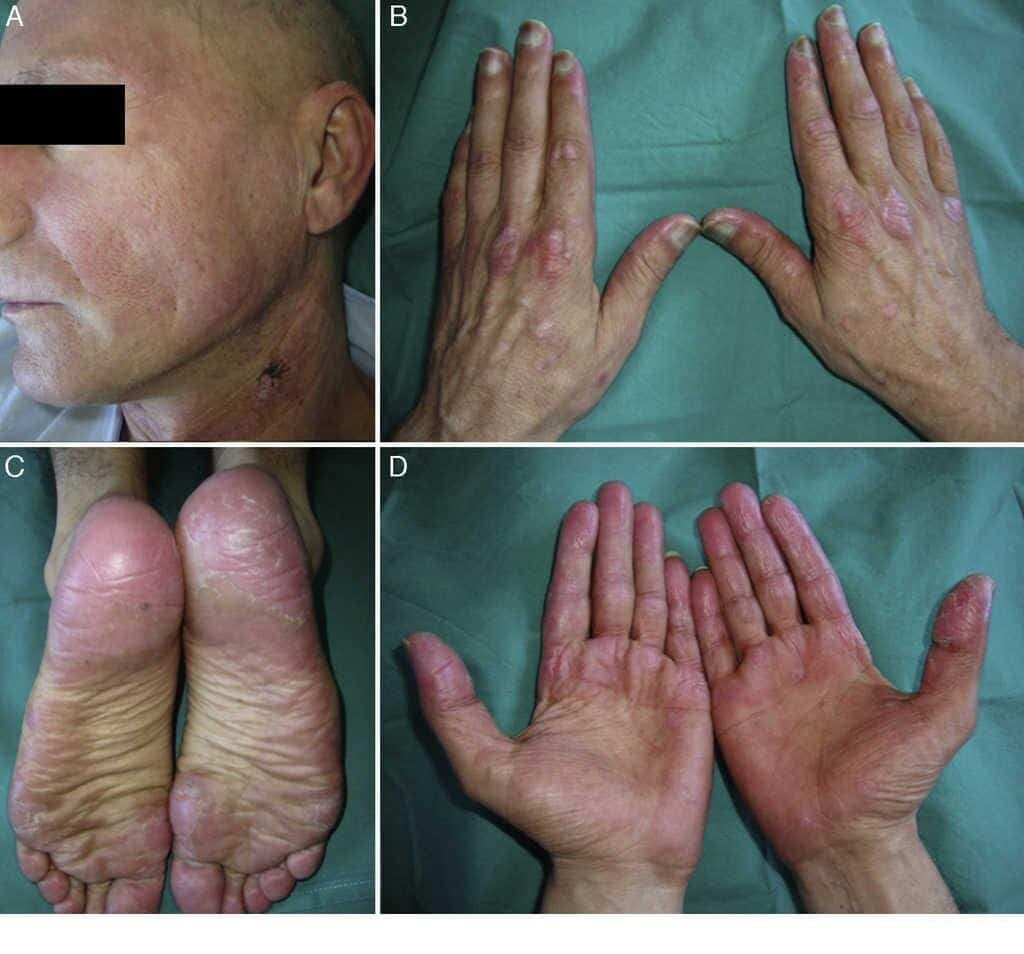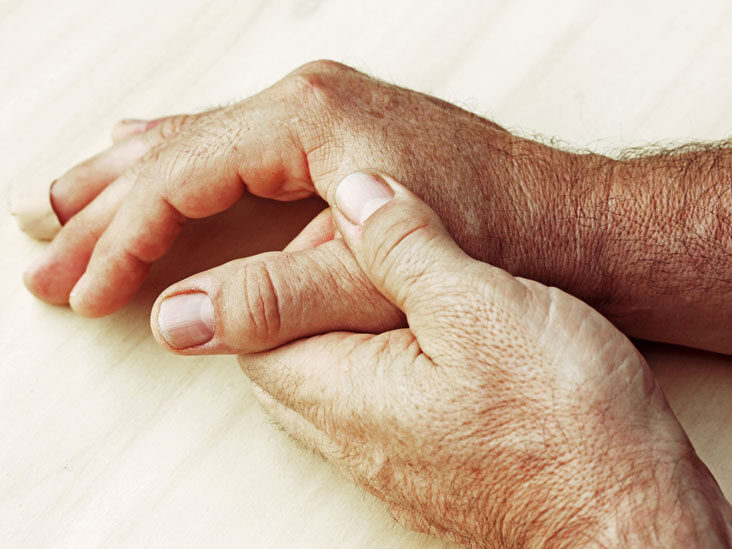WHAT IS MIXED CONNECTIVE TISSUE DISEASE?
Mixed connective tissue disease (MCTD) has signs and symptoms of a combination of disorders mainly lupus, scleroderma, and polymyositis. Many people with this rare disease also have Sjogren’s syndrome. For this reason, mixed connective tissue disease (MCTD) is sometimes known as an overlap disease.
In mixed connective tissue disease (MCTD), the symptoms of the separate diseases generally do not appear all at once. Instead, they tend to happen over a number of years, which could complicate diagnosis.
Early signs and symptoms usually involve the hands. Fingers may get puffy, and the fingertips become white and numb, usually in response to cold exposure. In later stages, some organs like the lungs, heart, and kidneys could be affected.
There is no cure available for mixed connective tissue disease (MCTD). Treatment depends on how serious the disease is and the organs involved.

MIXED CONNECTIVE TISSUE DISEASE SYMPTOMS
Early indications of mixed connective tissue disease could include:
- A general feeling of being unwell – This could include increased fatigue and a mild fever.
- Cold and numb fingers or toes (Raynaud’s phenomenon) – In response to cold or stress, your fingers or toes may turn white and then purplish-blue. When warmed up, the fingers or toes turn red.
- Inflamed fingers or hands – Some people have inflammation of the fingers.
- Muscle and joint pain – Joints could become inflamed, swollen, and deformed, similar to what happens with rheumatoid arthritis.
- Rash – Red or reddish-brown patches could appear over the knuckles.
WHEN SHOULD YOU SEE A DOCTOR?
See your doctor or primary care physician if you have signs and symptoms that interfere with your daily routine especially if you have been diagnosed with lupus or another connective tissue disease (CTD).
MIXED CONNECTIVE TISSUE DISEASE CAUSES
Mixed connective tissue disease (MCTD) is an autoimmune disorder, however, the cause is not known. In autoimmune disorders, your immune system responsible for fighting off illness mistakenly attacks healthy cells.
In connective tissue diseases (CTD), your immune system attacks the fibers that provide the framework and support for your body. Some people with mixed connective tissue disease (CTD) have a family history of the condition. But the role of genetics in the illness remains unclear.
MIXED CONNECTIVE TISSUE DISEASE RISK FACTORS
Mixed connective tissue disease (MCTD) could happen in people of any age. Although, it appears to be most frequent in women under the age of 50.

MIXED CONNECTIVE TISSUE DISEASE COMPLICATIONS
Mixed connective tissue disease (MCTD) could lead to severe complications, some of which could be fatal. Complications include:
- High blood pressure in the lungs (pulmonary hypertension) – This condition is a major cause of death in people with mixed connective tissue disease (MCTD).
- Interstitial lung disease – This large group of disorders could cause scarring in your lungs, which affects your ability to breathe.
- Heart disease – Parts of the heart could enlarge, or inflammation could happen around the heart. Heart failure could happen.
- Kidney damage – About one-fourth of people with mixed connective tissue disease (MCTD) develop kidney problems, Kidney involvement is generally mild, but could lead to kidney failure.
- Digestive tract damage – Commonly, mixed connective tissue disease (MCTD) affects the digestive tract. You may have abdominal pain and problems with swallowing and digesting food.
- Anemia – About seventy-five percent of people with mixed connective tissue disease (MCTD) have iron deficiency anemia.
- Tissue death – People with serious Raynaud disease could develop gangrene in the fingers.
- Hearing loss – In one small study, hearing loss was reported in almost half the patients with mixed connective tissue disease (MCTD). Further research is required in understanding this association.
- Nerve damage – Sjogren syndrome could affect the nerve that carries feeling from your face to your brain (trigeminal nerve). If you have trigeminal neuralgia, even mild stimulation of your face like brushing your teeth or putting on makeup could trigger a jolt of serious pain.
MIXED CONNECTIVE TISSUE DISEASE DIAGNOSIS
During the physical examination, your doctor or primary care physician might check you for swollen hands and painful, swollen joints. You may also require a blood test to check for a specific antibody that is related to mixed connective tissue disease (MCTD).
MIXED CONNECTIVE TISSUE DISEASE TREATMENT
There is no cure available for mixed connective tissue disease (MCTD). Medication could help manage the signs and symptoms
The type of medication prescribed depends on the seriousness of your disease and your symptoms. Medications could include:
- Corticosteroids – Drugs, like prednisone (Deltasone, Rayos), could help prevent your immune system from attacking healthy cells and suppress swelling. Side effects of corticosteroids could include mood swings, weight gain, high blood sugar, increased blood pressure, weakened bones, and cataracts.
- Antimalarial drugs – Hydroxychloroquine (Plaquenil) could treat mild mixed connective tissue disease (MCTD) and may prevent flare-ups.
- Calcium channel blockers – This category of medications, including nifedipine (Adalat CC, Procardia) and amlodipine (Norvasc), that help relax the muscles in the walls of your blood vessels may be used to treat Raynaud’s phenomenon.
- Other immunosuppressants – Your doctor or primary care physician may prescribe other medications based on your signs and symptoms. For instance, if they are similar to those of lupus, your doctor or primary care physician may suggest medications generally prescribed for people with lupus.
- Pulmonary hypertension medications – Bosentan (Tracleer) or sildenafil (Revatio, Viagra) may be recommended.
If you or anyone you know is suffering from mixed connective tissue disease, our expert providers at Specialty Care Clinics will take care of your health and help you recover.
Call 469-545-9983 to book a telehealth appointment for an at-home check-up.
